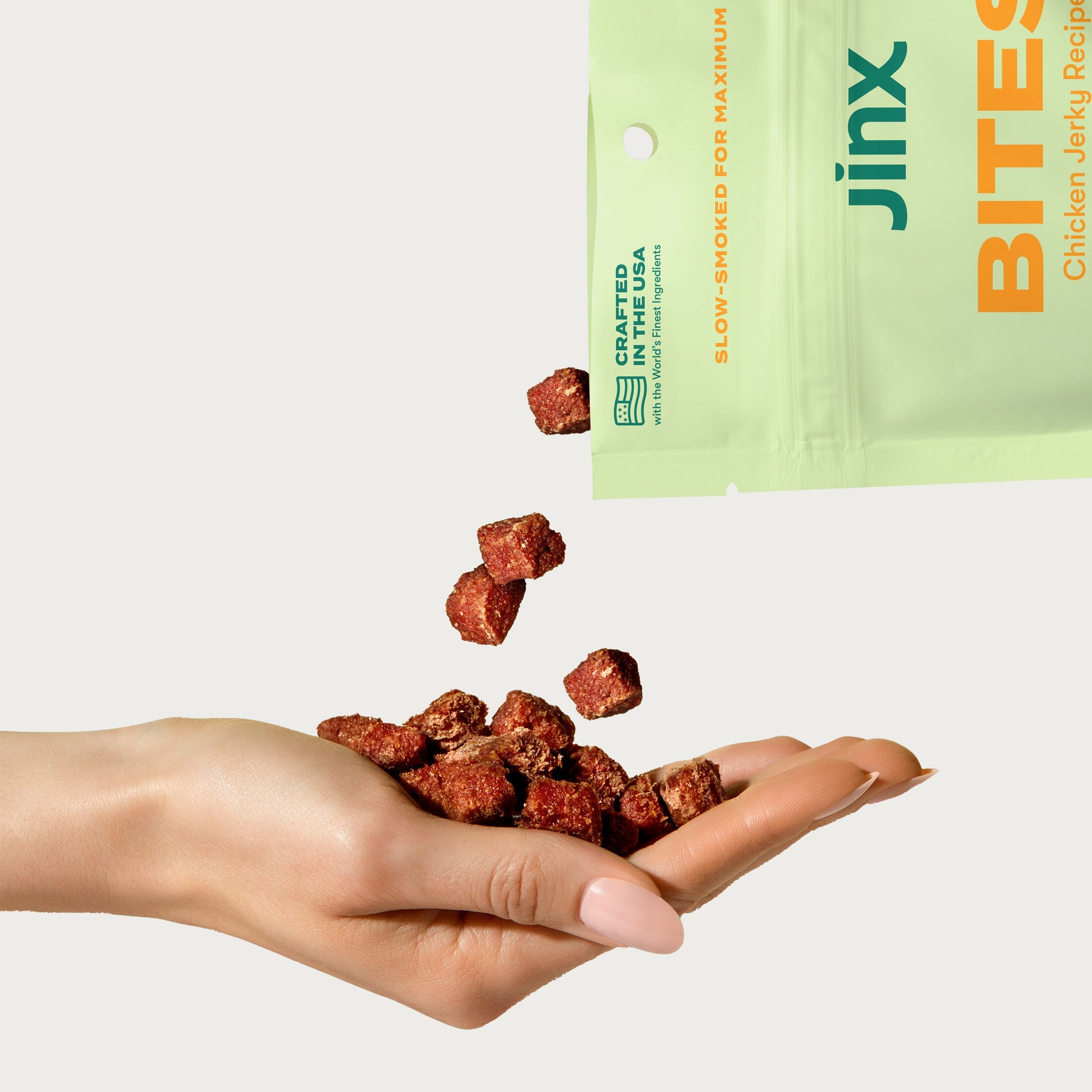Introduction
When you take a ride in an Uber or Lyft, the company has access to your name, phone number, and location. However, there are steps you can take to keep your personal information safe while using these ride sharing services.
Choose a paid account.
Uber and Lyft both offer two types of accounts: paid and free. A paid account is more secure than a free one, because you’re linked to a credit card instead of sharing your personal information with the drivers. Paired with in-app tipping, it’s also more convenient for both drivers and riders.
If you want to keep your data safe while using ride-sharing apps, consider upgrading from the free version to a paid account with Uber or Lyft–or at least make sure that your driver knows which type of account they’re picking up before getting into their car!
Use an alternate method of payment.
- Don’t use your credit card. Credit cards are linked to your name, which means that if someone steals it and uses it, you’ll be held responsible for any fraudulent charges.
- Don’t use a debit card. Similar to credit cards, this type of payment method is linked directly to your bank account and can be used by thieves as an easy way to access all of your money at once (and then spend it).
- Don’t use your bank account or prepaid debit cards either–the same goes for prepaid gift cards! Thieves may have access to these types of accounts so they can withdraw money from them without having any personal information about the owner; however, if something happens with this kind of transaction while using Uber or Lyft (e.,g., driver accidentally swipes wrong card), then there’s no way for ridership companies like Uber/Lyft themselves
Check your bank statements regularly.
- Check your bank statements regularly. It’s easy to forget about a transaction on a credit or debit card, but it’s important that you make sure everything is accurate. If something looks out of place, contact the company immediately and report the fraudulent activity.
- Keep track of all of your expenses and receipts! This will help make sure nothing goes missing in the future; if there’s ever an issue with an Uber/Lyft charge on one of these platforms (or any other), having documentation on hand could be crucial when dealing with customer service representatives or making claims through insurance policies like Amex’s Purchase Assurance program (which covers certain eligible items purchased with an eligible American Express Card).
Don’t add “friends.”
- Don’t add “friends.”
- Don’t add coworkers on social media.
- Don’t add coworkers on professional networks like LinkedIn, either.
Avoid using your home address as the pickup location in the app.
- Avoid using your home address as the pickup location in the app.
- Instead, choose a nearby business or landmark that’s easy to find.
- If you do not have another option, consider changing your pickup location before starting an Uber or Lyft trip.
Set up a passcode for your account.
You can also set up a passcode for your Uber or Lyft account, which will require you to enter the code every time you open the app. This is another way to keep hackers out of your account, but it also helps keep honest people from accidentally making changes or ordering rides on your phone when they borrow it.
Setting up a passcode should be easy enough that you won’t forget it–but still hard enough that someone trying to break into your account will have trouble doing so. For example: don’t use something obvious like “123456” or “abcdefg”. Try something unique like “test12345”, where each letter represents one number (e.g., t=3).
Use the passenger rating system to protect yourself from dangerous riders and drivers.
- The passenger rating system is one of the most powerful tools for keeping you safe when using Uber and Lyft. If you feel unsafe, don’t be afraid to rate your driver as low as possible, or report them if they’re rude or aggressive. Similarly, if a driver does something that makes you uncomfortable–like driving recklessly–you can do the same thing: give them a low rating and report them for unsafe driving practices.
- Remember that your passenger rating affects whether or not other riders will pick up with you in their car! Make sure that yours stays above 4 stars by being respectful towards others on both sides of this platform
It’s important to take steps to protect your data when using ride-sharing services, and these steps will help you feel more confident about using them without compromising your privacy or security
Uber and Lyft are the two most popular ride-sharing apps in the United States, and they have many benefits. You can use them to get a ride from your home to the airport, or to get dinner with friends. However, these services can also be risky if you don’t take steps to protect yourself.
Below we’ve outlined some tips on how to keep your data safe while using Uber and Lyft:
Conclusion
We hope this article has given you some insight into how to keep your data safe when using ride-sharing services. We know that it can be difficult to navigate, but if you follow these tips and stay vigilant about your online activity, then you’ll be able to use Uber and Lyft with confidence.




